6 strategies to strengthen your business' online reputation

Conduct a Google search of your business. Do the results cause you to beam with pride or cower in embarrassment? Your digital footprint contains information that can be helpful – or harmful to your reputation.
The Importance of a Strong Online Reputation
Whether your customers are CEOs, prospective customers, or employees, your online reputation has a direct impact on how your business will be judged. If you are selling your business services, customers will turn to services such as Yelp, Yahoo! Local, and Angie's List to learn more about your interactions with previous customers.
Strengthening Your Online Reputation
Now that you are aware of the importance of your online reputation, it is time to take action. Here are 6 things you can do to strengthen your online reputation.
1. Assess the current state of your online reputation. Google is the preferred search engine of approximately 93% of internet users. It is a good idea to begin your search with Google. To get accurate results, sign out of your Google account. Type your business name (and different variations of the name) into the search box. Review the results. Are they negative, positive, relevant or irrelevant? Is your basic business information presented consistently and accurately? The results of this step will help you formulate a plan of action.
2. Define your goals. Do you want to establish a reputation as an industry leader? Do you have some inventory you’d like to move? Would you like more diners to come to your Sunday brunch? Getting clear about your goals will help you develop a winning strategy.
3. Create new content. Now that you know exactly what you want to accomplish, you can publish new content that reflects your new aspirations.
. Publish content on a business blog
. Become a guest author for blogs in your industry
. Post positive content on your social media channels
. Upload videos that you have developed to YouTube
. Author eBooks and authoritative articles
. Publish content on your website
4. Clean up your social media accounts. Review your Facebook, Instagram, Twitter and other social media accounts. Remove any pictures, memes, comments and posts that are damaging to your reputation. After you remove offending information, optimize your social media profiles with quality content.
5. Pay attention to your customers. Regularly review what people are saying about your business at websites like Yelp, Yellow Pages, Angie’s List, Foursquare, City Search, Superpage and more. Are you seeing positive reviews? Reach out and thank your customer! Seeing something negative? Reach out and find a way to resolve your customer’s problem, and turn things around to reflect your business positively. What a great way to increase your fan base, too!
6. Get help from a professional online management company. Phase 3 Digital can help sort all this out for your business. We can ensure that your company’s presence is displayed correctly and consistently across the internet, and alert you to anything – positive or negative – that needs your attention.
Negative or inaccurate information does not have to mess with your online reputation. By taking corrective actions, you will be able to see improvements in less than 3 months!










